Search Definitions
Browse Content (p. 222)
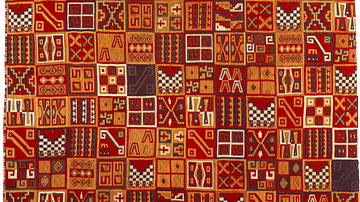
Definition
Inca Art
The art of the Inca civilization of Peru (c. 1425-1532 CE) produced some of the finest works ever crafted in the ancient Americas. Inca art is best seen in highly polished metalwork, ceramics, and, above all, textiles, which was considered...
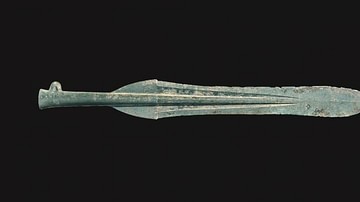
Definition
Yayoi Period
The Yayoi Period is one of the oldest historical periods of Japan spanning from c. 300 BCE to c. 250 CE, preceded by the Jomon Period and followed by the Kofun Period. The name Yayoi comes from the district in Tokyo where the first artifacts...
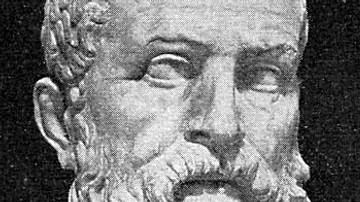
Definition
Solon
Solon (c. 640 – c. 560 BCE) was an Athenian statesman, lawmaker, and poet, who is credited with restructuring the social and political organisation of Athens and thereby laying the foundations for Athenian democracy. Such were his accomplishments...

Definition
Peloponnesian League
The Peloponnesian League (c. 550 BCE - c. 366 BCE) was a loose confederation of Greek city-states led by Sparta. The League was the oldest and longest-lasting political association in the ancient Greek world. For Sparta, the League gave it...
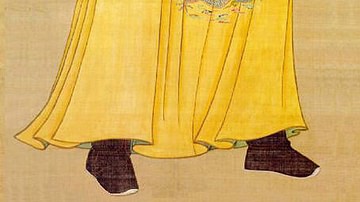
Definition
Emperor Taizong of Tang
Taizong (birth name, Li-Shimin, l. 598-649 CE, r. 626-649 CE) was the second emperor of the Tang Dynasty and is considered one of the greatest rulers in Chinese history for his reforms of the government and the laws, his religious tolerance...

Definition
Set (Egyptian God)
Set, also known as Seth and Suetekh, was the Egyptian god of war, chaos, and storms, brother of Osiris, Isis, and Horus the Elder, uncle to Horus the Younger, and brother-husband to Nephthys. His other consort was the goddess Tawaret, a hippo-headed...
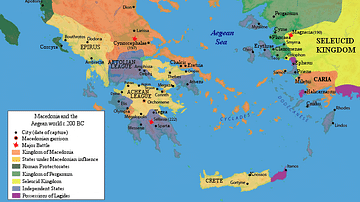
Definition
Achaean League
The Achaean League (or Achaian Confederacy) was a federation of Greek city-states in the north and central parts of the Peloponnese in the 3rd and 2nd centuries BCE. With a combined political representation and land army, the successful early...
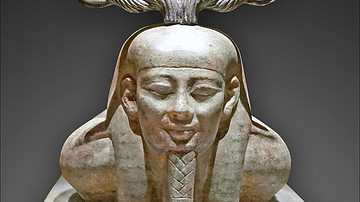
Definition
Osiris
Osiris is the Egyptian Lord of the Underworld and Judge of the Dead, brother-husband to Isis, and one of the most important gods of ancient Egypt. The name `Osiris' is the Latinized form of the Egyptian Usir which is interpreted as 'powerful'...

Definition
Pulque
Pulque is an alcoholic drink which was first drunk by the Maya, Aztecs, Huastecs and other cultures in ancient Mesoamerica. Similar to beer, it is made from the fermented juice or sap of the maguey plant (Agave americana). In the Aztec language...
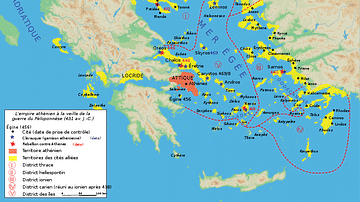
Definition
Delian League
The Delian League (or Athenian League) was an alliance of Greek city-states led by Athens. The league was formed in 478 BCE to liberate eastern Greek cities from Persian rule. The league was then used as a defence against possible revenge...